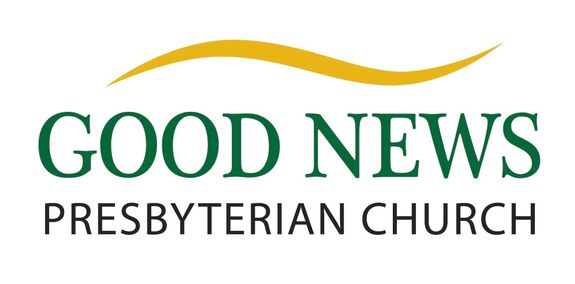Church Government and Why It Matters |
Discussions about church government can be snooze-worthy. But if you have ever been a member of a church characterized by disorganization, power struggles, or unfit leaders, you soon realize that church government matters.
Who makes the decisions? How are they made? Who guards the doctrine of the church? What are the qualifications for leadership? How should disputes to be handled? What are the standards for church discipline and how should it be carried out? What court of appeal exists to deal with unjust actions or corrupt leaders? The answers to such questions will be determined by a church’s form of government. Shepherd Leaders Jesus, the only King and Head of the Church (Eph. 1:20-23; 5:23; Col. 1:18), rules his people by his Word and Spirit through the ministry of men. For this reason, just as Paul and Barnabas “appointed elders… in every church” (Acts 14:21, 23; cf. Titus 1:5), so each local church is to appoint elders. Elders exercise spiritual authority over the church. The idea of spiritual authority is seen in Paul’s reference to “elders who rule well” (I Tim. 5:17; cf. 3:5; I Thes. 5:12) and in the exhortation in Hebrews to Christians to “obey your leaders and submit to them, for they are keeping watch over your souls, as those who will have to give an account” (Hebrews 13:17). The authority of elders is delegated to them by Christ and regulated by his Word. They are not to be “domineering” (I Peter 5:3) but are to be servant leaders. They should have an ear to the congregation. Our elders often consult with church members on various matters, recognizing that “in an abundance of counselors there is safety” (Proverbs 11:14). Elders are also pastors who “shepherd the flock of God” (I Peter 5:2; cf. Acts 20:28). For this reason, they not only must be men of sound doctrine (Titus 1:9), but men who, like Jesus, know the “sheep by name” (John 10:3) and truly care for them (I Peter 5:1-4). Representative Rule Down through history there have been three basic patterns of church government: episcopal, congregational, and Presbyterian. The episcopal form of government -- seen, for example, in Episcopal, Roman Catholic, and Methodist churches – is hierarchal. One man – a bishop, archbishop, or (in Catholicism) a pope -- governs those under him. Authority rests with the individual at the top. The opposite of episcopal government is congregationalism. Congregational government – often exercised in Baptist and independent community churches -- is a pure democracy. Authority rests with the many. Every church member votes on just about every matter. Presbyterian Churches have a representative form of government. We are governed neither by one man nor by the entire congregation, but by elders (the Greek word presbyter means “elder”). The congregation elects men who meet the scriptural qualifications for the office of elder and then allows them to lead. Thus, there is a plurality of leaders in Presbyterian churches. Notice that Peter exhorted not just the pastor, but “the elders [plural] among you” to “shepherd the flock of God” (I Peter 5:1-2; cf. Acts 20:17). Shared leadership protects the church from the shortfalls of one-man rule. It recognizes that one man possesses neither the wisdom, giftedness, nor time to pastor a church on his own. Also, one man with unchecked power is more prone to corruption. Representative rule also has advantages over the congregational form of government which allows every church member – including those who may be biblically uninformed, unwise, self-interested, or vindictive – to vote on every issue. I know of one church that received a gift of $20,000. The congregation voted on whether spend that money on a church van or a building repair. The leaders believed it was wise to put the money toward a building repair, but at the congregational meeting the plethora of teenagers in the church, along with their parents, voted in favor of purchasing a van. I know of another church in which a long-established family that controlled the church influenced the majority to fire a godly young pastor because his teaching the Bible upset the status quo. Ministers of Mercy Paul’s greeting in Philippians 1:1 recognizes that local churches have both elders and deacons: “to all the saints in Christ Jesus who are at Philippi, with the overseers [elders] and deacons” (Philippians 1:1). While elders are shepherds who oversee, care for, teach the Bible to, pray for, guide, correct, and guard the flock of God (I Peter 5:1-3; Acts 20:17,28-38), deacons are servants (Acts 6:1-7) who carry out a ministry of mercy to those in distress or material need, oversee the church’s property and financial affairs, and encourage stewardship among the members. Conclusion The Bible is neither silent nor vague about how churches should be governed. But even the best form of government is only as good as the men who are called to church office. We must seek to identify those men whom God has called to church office (Acts 20:28). We do this by recognizing those who have the character, the commitment and the doctrinal compatibility to serve. Peter Kemeny, Pastor Good News Presbyterian Church P.O. Box 1051, Frederick, MD 21702 www.goodnewspres.org |

